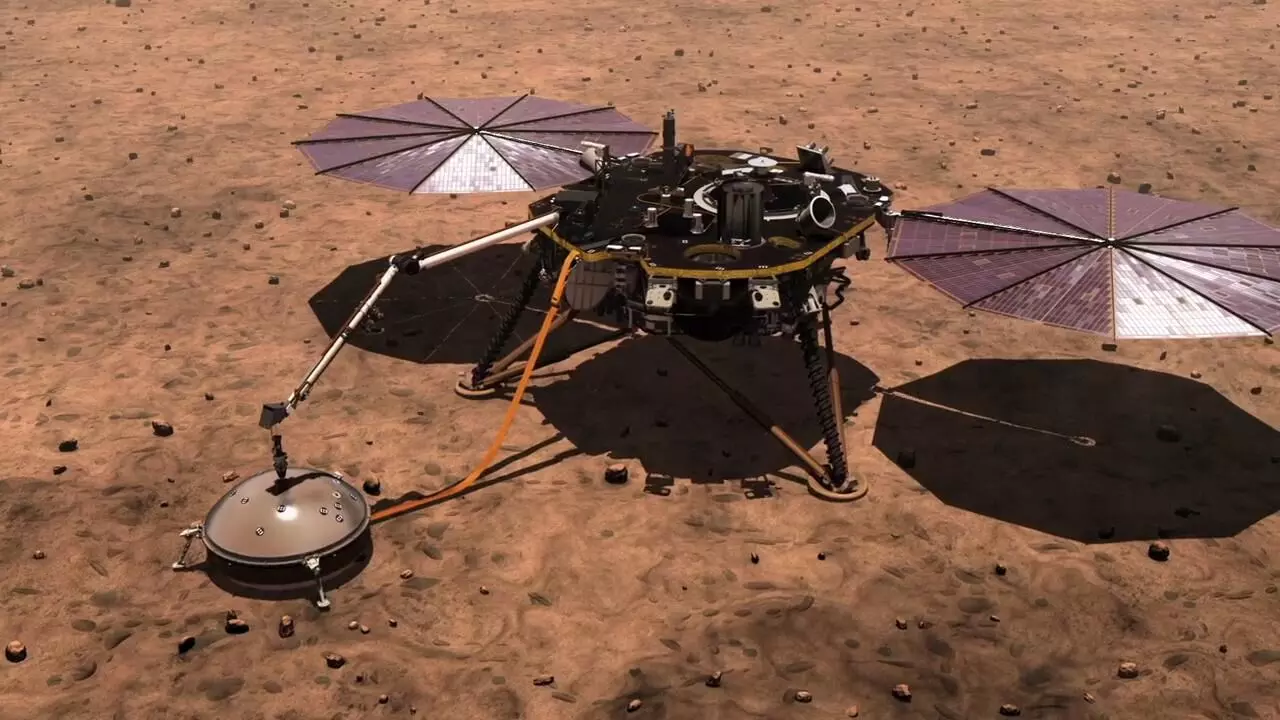
NASA's InSight might stop operation in 4 to 8 weeks
text_fieldsWashington: The US space agency NASA said on Thursday that its InSight lander, which landed on Mars in 2018, will die in four to eight weeks. This came when scientists explained a meteorite strike on the red planet's surface, detected by InSight, which found boulder-sized masses of ice at the equator of the planet, Reuters reported.
Dust storms on the Martian surface have been affecting the solar panels of the equipment and depleting the batteries, Bruce Banerdt of NASA's Jet Propulsion Laboratory informed. The planetary geophysicist is the InSight mission's principal investigator.
Banerdt told Reuters that the mission went beyond his expectations. It gave information on Mars, such as the thickness of the crust and the size and density details of the mantle.
"For the first time, we have a detailed global map of the deep interior of another planet - other than the Earth and moon," Reuters quoted Banerdt.
InSight probe established that Mars is seismically active after the probe after it detected 1,318 marsquakes.
Among meteor strikes, a particular one gathered scientists' attention. It was estimated as 16-39 feet (5-12 meters) in diameter and crashed in a region named Amazonis Panitia last December. It created a crater about 490 feet (150 meters) wide and 70 feet (21 meters) deep and created a marsquake of magnitude four as measured by InSight. Also, cams from Mars orbit found that boulder-sized blocks of ice were seen strewn around the crater's rim. The said ice got exposed due to the impact of the meteor strike, scientists believe.
Finding water on the equator would provide drinking water to astronauts since fresh manned probes to the planet will be landing near the equator, choosing warmer conditions against Mars' poles.
InSight, the three-legged probe equipment, is located at a relatively flat plain called Elysium Planitia, next to the equator on the north.























